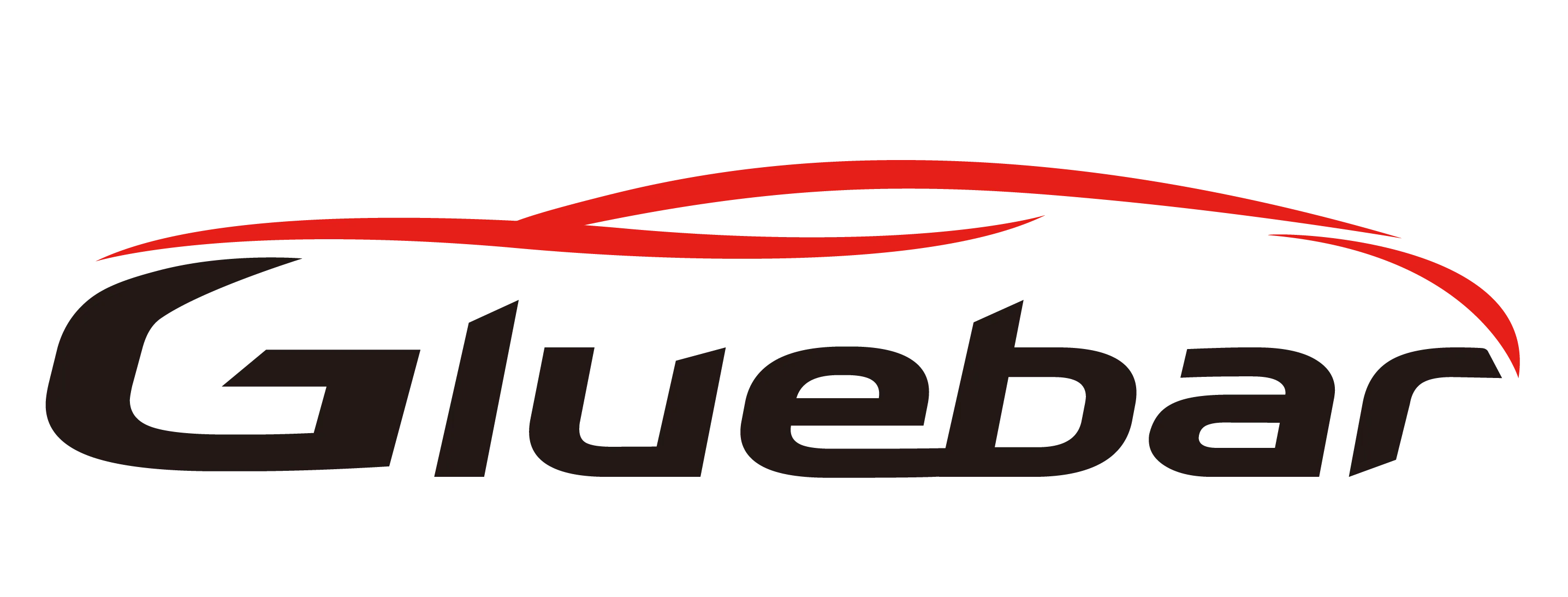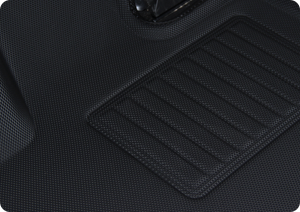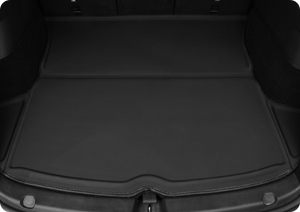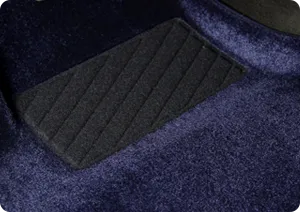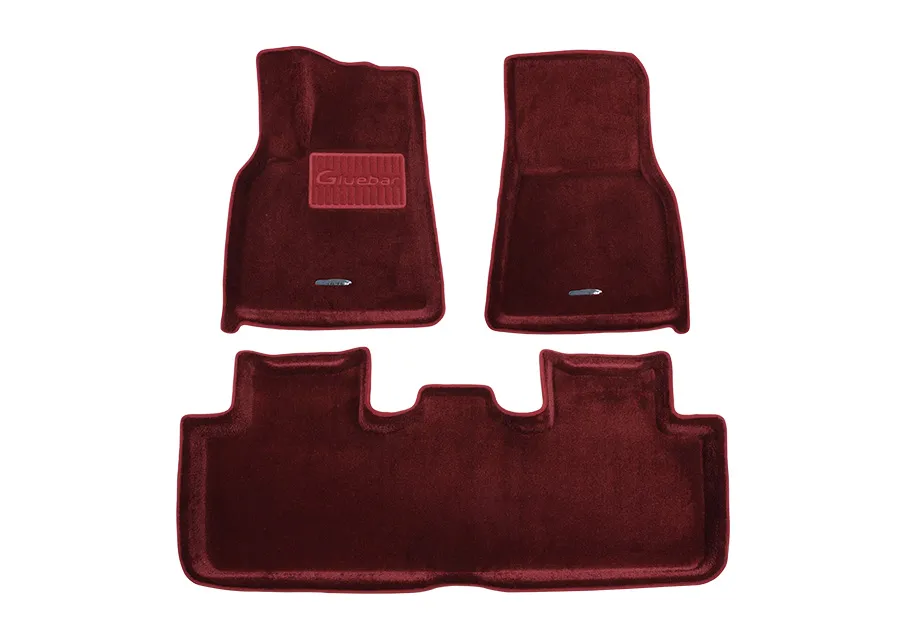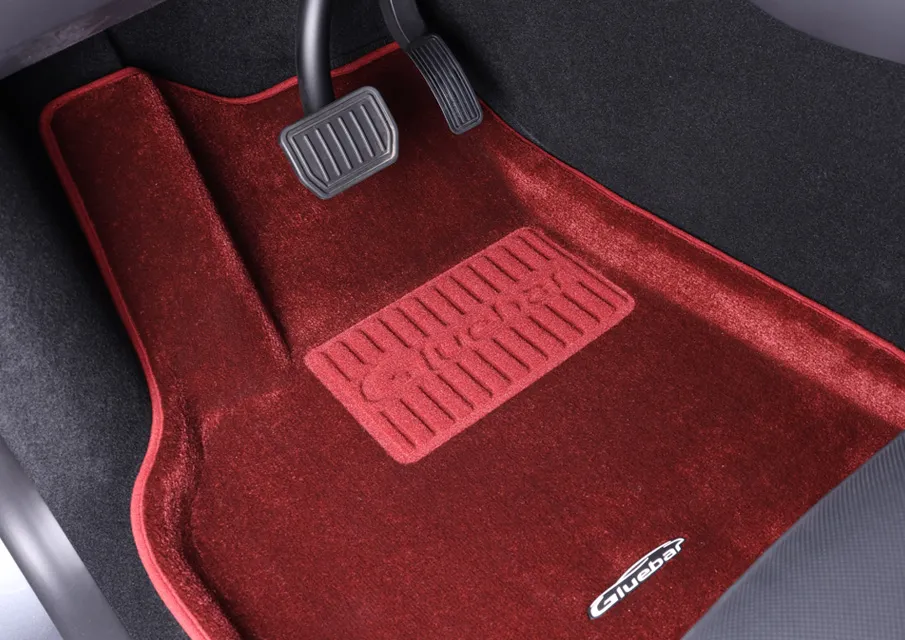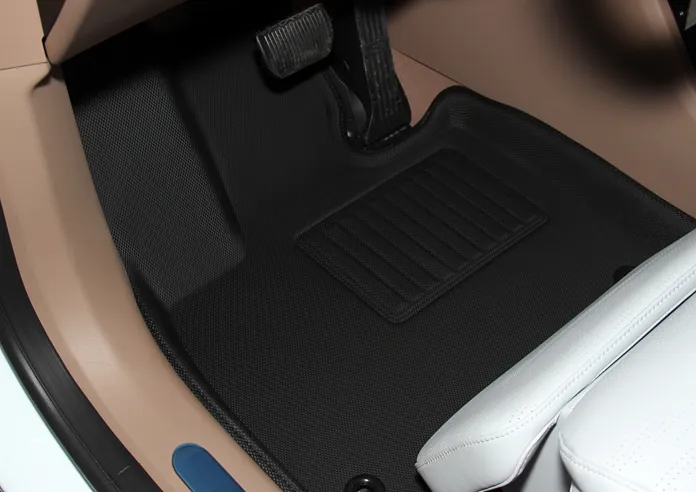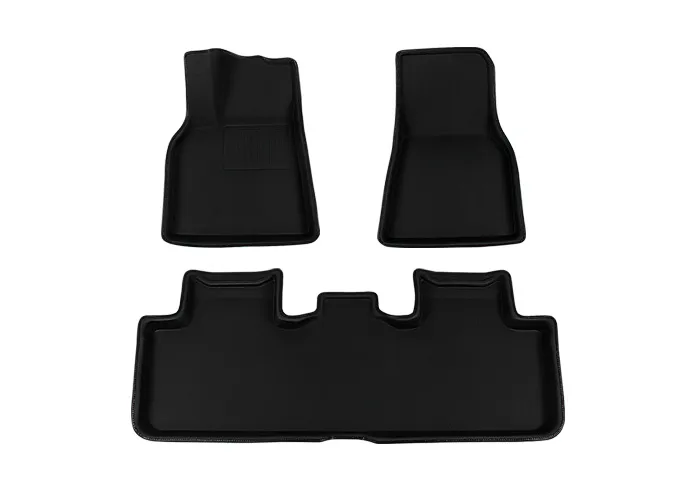In the auto parts industry, competition often shows up in two ways: who can deliver faster and who can control costs better. Statista’s automotive parts industry data, highlights this clearly. For B2B buyers and distributors, choosing to work directly with manufacturers instead of relying on middlemen means gaining an advantage in the competition. Below, we will look at the two core angles of “saving time” and “saving money” to see what benefits manufacturers can bring.
Why Choose Manufacturers Instead of Middlemen?
Fewer middle steps, more transparent pricing
Every middleman adds a markup, and by the time the product reaches you, profits are already cut. Working directly with manufacturers Gluebar OEM/ODM Solutions, means getting the factory price, with more profit left for you. At the same time, the cost structure is clear: raw materials, molds, labor, logistics—each can be calculated separately, avoiding “confusing accounts.”
For example, a set of car mats with a factory price of $30 may cost you $45 after passing through two layers of middlemen. That extra cost could be saved directly, adding to your profit margin. For long-term buyers, manufacturers can also offer annual framework agreements to keep prices more stable and protect you from sudden channel price hikes.
Direct supply from manufacturers means higher stability and quality
Manufacturers run their own production lines and quality inspection processes ISO9001 Quality Management System, which ensures batch consistency. Regular orders are usually completed within 15–20 days, and even during peak seasons, production scheduling helps guarantee supply. You won’t face the risk of “stock today, out of stock tomorrow.”
By contrast, when buying through middlemen, batch differences are more common. For example, the same model of car mat may vary in color or texture between batches, which affects the customer’s experience. With direct supply, quality can be strictly controlled from the source: raw material inspection, in-process checks, and final inspection before delivery. This layered control keeps quality stable. In the long run, this reduces returns and disputes and also builds more trust for distributors in front of their customers.

First-hand information, higher communication efficiency
Middlemen usually cannot respond quickly to customized requests and often cannot provide full production details. By working directly with the manufacturer, you can get first-hand information on specifications, processes, and delivery timelines. With fewer layers of communication, there is less chance of mistakes.
How to Save Time
Fast prototyping and mold development
In the custom car mat business, mold development is a key step. When working with middlemen, information has to pass through several layers, and requirements are often confirmed again and again. This easily delays the progress of sample production. In contrast, when working directly with the manufacturer, your needs go straight to the R&D and production teams, and samples can be completed much faster Gluebar Custom Services. Distributors can also get physical samples earlier for confirmation. When it comes to launching mats for new car models on the market, this kind of efficiency can decide who wins the customer order first.
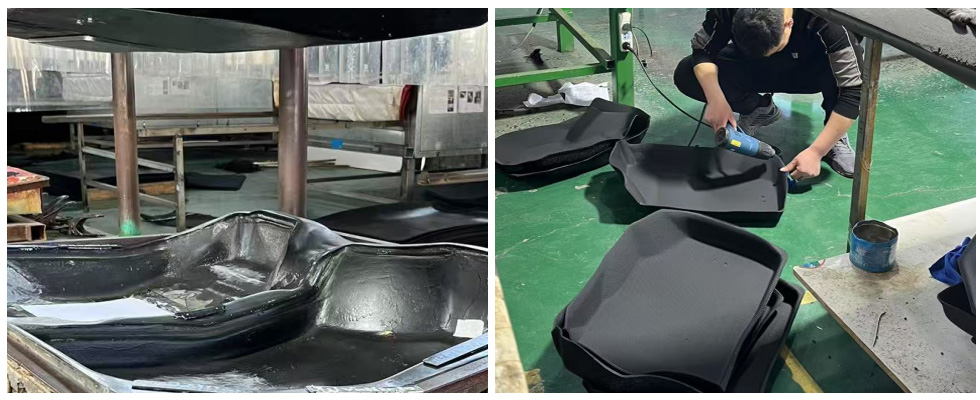
Shorter production and delivery cycles
Manufacturers usually have mature production processes and dedicated equipment. Once an order is confirmed, production can start right away. By contrast, middlemen need to coordinate resources from different factories, which makes the process less predictable and the risk of delays much higher. For distributors, the direct sourcing model means faster delivery, shorter waiting times, and quicker product launches.

Direct after-sales response
During product promotion, there will always be situations where adjustments or improvements are needed. When working with middlemen, this kind of feedback has to go through several layers, which can delay problem-solving. But when communicating directly with the manufacturer, improvement ideas can be confirmed the same day and quickly applied to production or process adjustments. For distributors, this means customer issues can be handled right away, avoiding long waits that may hurt the customer experience.
Chain reaction from efficiency
Saving time is not only about prototyping, production, and after-sales—it also brings a series of indirect benefits:
Faster cash flow: Shorter delivery cycles mean distributors get payments back more quickly.
Less inventory pressure: Factories can support batch deliveries, so you don’t have to stockpile too much at once.
Flexibility with market changes: When demand shifts, manufacturers can quickly adjust production to help keep your products competitive.
How to Save Money
Direct factory pricing
When working with middlemen, product prices are often marked up at every level. These added costs all fall on the distributor, even though many of them don’t actually create value. Working directly with manufacturers means you get factory pricing and avoid extra markups. This not only increases overall profit margins but also makes the pricing structure more transparent. For long-term clients, manufacturers may also offer tiered discounts or annual cooperation pricing, further lowering purchasing costs.
Longer product life, less after-sales pressure
Manufacturers pay closer attention to raw material selection and process control. For example, using durable, non-slip, odorless eco-friendly materials not only extends the life of the mats but also reduces return rates caused by quality problems. For distributors, fewer returns mean lower transport and storage costs, and also less risk of losing customers or reputation. In the long run, the savings from this may even exceed the product cost itself.
One-stop service lowers management costs
Purchasing is not only about getting the product. It also involves sampling, customization, packaging, and shipping. If these steps are spread across different suppliers, you have to spend a lot of time and effort coordinating, and poor communication may cause delays. Manufacturers, on the other hand, can often provide OEM/ODM one-stop solutions: from mold development and sample making, to mass production, packaging design, and international logistics, all arranged together. This centralized service model greatly reduces hidden costs in communication and management OEM definition.

Stable capacity, lower risk of supply breaks
For distributors, stock-outs are a costly “hidden cost.” If supply cannot be delivered on time, it not only means losing the current order but may also push customers to competitors. Working with a manufacturer that has stable production capacity provides better assurance of continuous supply. Many manufacturers prepare raw materials or reserve capacity in advance based on long-term customer orders, which reduces the risk of supply breaks. For distributors, this not only saves the high cost of urgent last-minute purchases but also builds a stronger sense of reliability with customers.
Cost advantages from long-term cooperation
Building a long-term partnership with manufacturers also brings more added value:
Inventory flexibility: Some manufacturers provide warehousing or batch delivery services, helping clients reduce one-time inventory pressure.
Market support: Certain manufacturers also provide product materials, installation guides, or even marketing content, saving distributors investment in promotion.
Negotiation room: As cooperation deepens and purchase volumes stay stable, manufacturers are more willing to offer long-term discount policies.
Working with Manufacturers Means Saving Time and Cost for the Future
In the highly competitive auto parts industry, time and cost never exist on their own—they are always connected and influence each other. When you save time on prototyping and delivery, you can enter the market faster. When you reduce purchasing and management costs, you can invest more budget into marketing and service.
Choosing to work directly with a car mats manufacturer is, in essence, choosing a more efficient, stable, and forward-looking business model. It not only helps you cut immediate purchasing costs but also builds trust, stability, and scale advantages over the long term, becoming a solid foundation for continuous growth.
For B2B buyers and distributors, a truly great manufacturer is not just a supplier. They are a long-term strategic partner who helps you save time, cut costs, and stay competitive.
